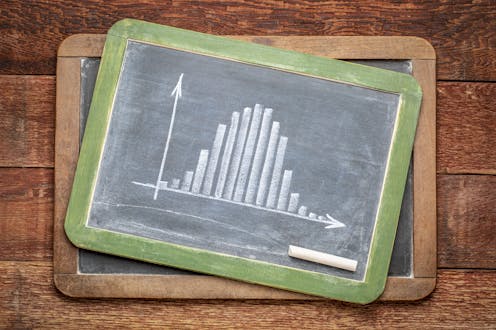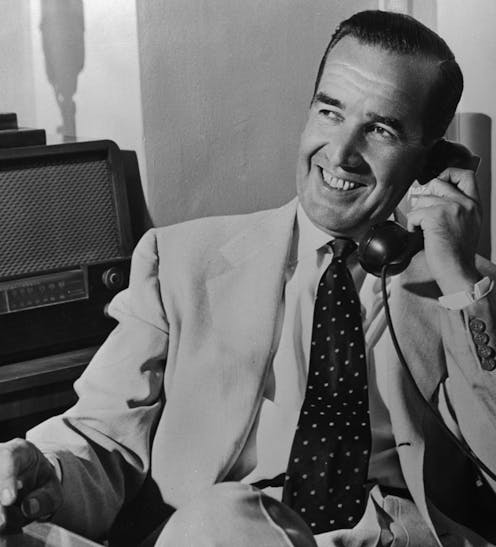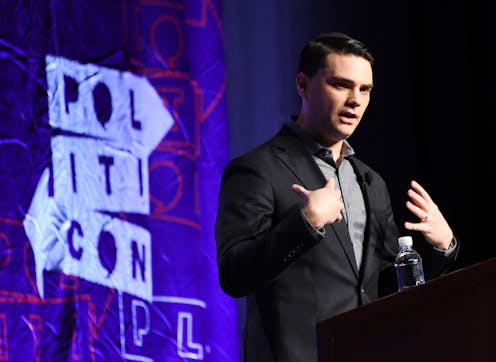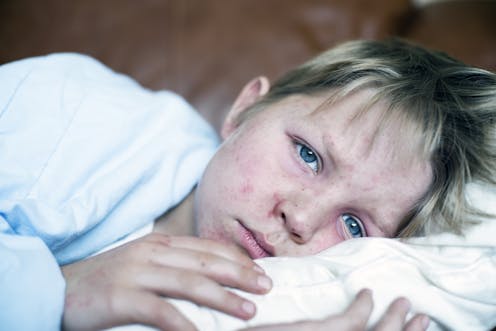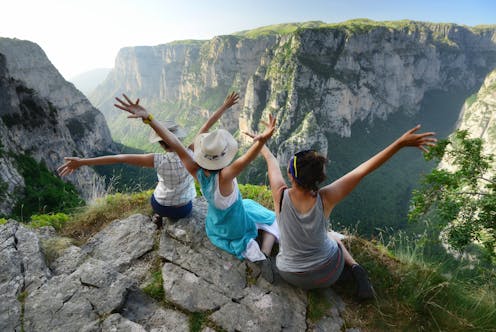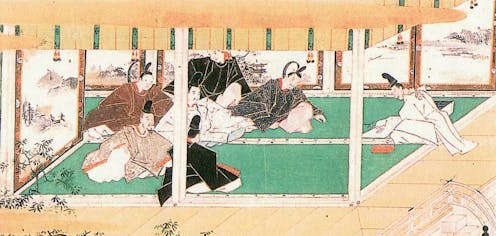Biden executive order on sensitive personal information does little for now to curb data market – but spotlights the threat the market poses
- Written by Anne Toomey McKenna, Visiting Professor of Law, University of Richmond
 White House press secretary Karine Jean-Pierre took questions on the day the Biden administration announced an executive order that puts personal data privacy in a national security context.AP Photo/Andrew Harnik
White House press secretary Karine Jean-Pierre took questions on the day the Biden administration announced an executive order that puts personal data privacy in a national security context.AP Photo/Andrew HarnikThe Biden administration has identified “countries of concern” exploiting Americans’ sensitive personal data as a...


